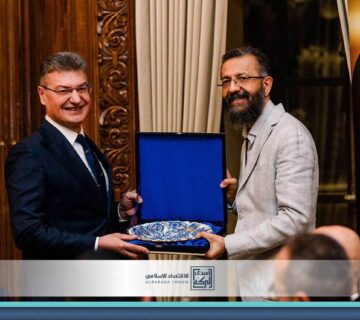AlBaraka Forum for Islamic Economy, in cooperation with the Islamic Chamber of Commerce and Development – ICCD and with strategic partnership with Bank Nizwa, held the fourth episode of the live virtual Talk Show “Islamic Economy Around the World” on December 29, 2024. The episode discussed the state of Islamic economics in Oman, with participation from a distinguished group of leading experts and professionals in Islamic economics and finance in Oman.
Mr. Mustafa bin Nasser Al Naabi, Deputy Manager Sharia Training, CSAA – CIB, opened the discussion, drawing the viewers’ attention to a video that showcased the development of Islamic economics in the Sultanate since its inception with the issuance of Royal Decree 69/2012, which allowed Islamic banks to operate. This paved the way for the growth of the Islamic banking sector, making it a key option to support economic growth in Oman, led by Bank Nizwa as the first fully integrated Islamic bank in the Sultanate.
Mr. Khalid Al Kayed, Chief Executive Officer of Bank Nizwa, emphasized the attractiveness of Islamic banking, explaining that it has achieved significant growth over the past years due to its resilience, even during the COVID-19 pandemic. According to the latest statistics from the Central Bank of Oman, the market share of Islamic banks and windows reached 18% of total assets and 21% of total financing and deposits. Al Kayed also highlighted the importance of digital transformation in enhancing this sector, viewing it as an opportunity for expansion and competition with older banks.
Dr. Ali bin Suleiman bin Mohammed Al-Jahdami, Member of the Sharia Supervisory Board at Bank Nizwa, Fatwa Researcher at the Office of the Grand Mufti of Oman, Visiting Lecturer at the College of Sharia Sciences, stressed the importance of Sharia compliance as the primary asset of Islamic banks. He explained that traditional banking is based on the commodification of money, while Islamic banking focuses on activating money in the real economy. However, he noted the challenges of adopting imported models without considering Islamic principles, emphasizing the role of Islamic financial engineering in overcoming these obstacles.
Dr. Ahmed bin Ali Al-Kaabi, General Director of endowments, Mosques Affairs and the Holy Quran Schools, Ministry of Endowment and Religious Affairs, discussed the development of the endowment system, pointing out that it has become an important economic contributor in Oman and the Islamic world. He highlighted that endowments now own companies, including a satellite in low Earth orbit, reflecting the Ministry’s commitment to achieving sustainability and preserving endowment assets in accordance with Islamic law.
Mr. Bader Al Hinai, Chief Operating Officer at Muscat Stock Exchange, focused on the importance of the Sharia Index, which was launched in 2013 following the licensing of Islamic banks and Takaful insurance companies. He explained that the index follows AAOIFI standards, with quarterly reviews to ensure the compliance of listed companies, thereby maintaining the stability of the index and enabling asset and portfolio managers to target its sample.
Dr. Ahmed Kashoob, PhD in Financial Planning and Economics, Head of Investments for Public Markets, Oman National Investments Development Company SAOC – Tanmia, discussed the role of investment as a Sharia-compliant tool supporting financial stability. He noted that Islamic financial instruments have demonstrated stability since the Black Monday crisis of 1929, due to the integrated system of Sharia supervision, governance, transparency, and diversification. He added that Sharia-compliant investment funds in Oman are seeking promising markets, such as the Saudi, UAE, and Qatari markets.
In conclusion, the speakers emphasized that Islamic economics and finance are in full harmony with Oman’s Vision 2040, clearly reflecting a commitment to achieving sustainable development goals through innovation and sustainability across various economic sectors. They stressed that this harmony not only supports economic diversification within the Sultanate but also enhances Oman’s position as an attractive investment environment regionally and globally, demonstrating its ability to attract capital looking for Sharia-compliant opportunities aligned with its core values.

-
السابقThe Panel Discussion, Titled “Shaping the Earth and Building the Future: Civil Society Partnerships for Sustainable Development”, kicked off on 25-11-2024, Within the Sustainable Development Week, the fifth edition, Under the Patronage of H.E. Mr. Abdel Fattah El-Sisi, President of the Arab Republic of Egypt
-
التاليAlBaraka Forum Unites Key Leaders in Pakistan by Hosting a Prestigious Reception Event to Boost Islamic Finance and Economic Collaboration
Comments are disabled.



